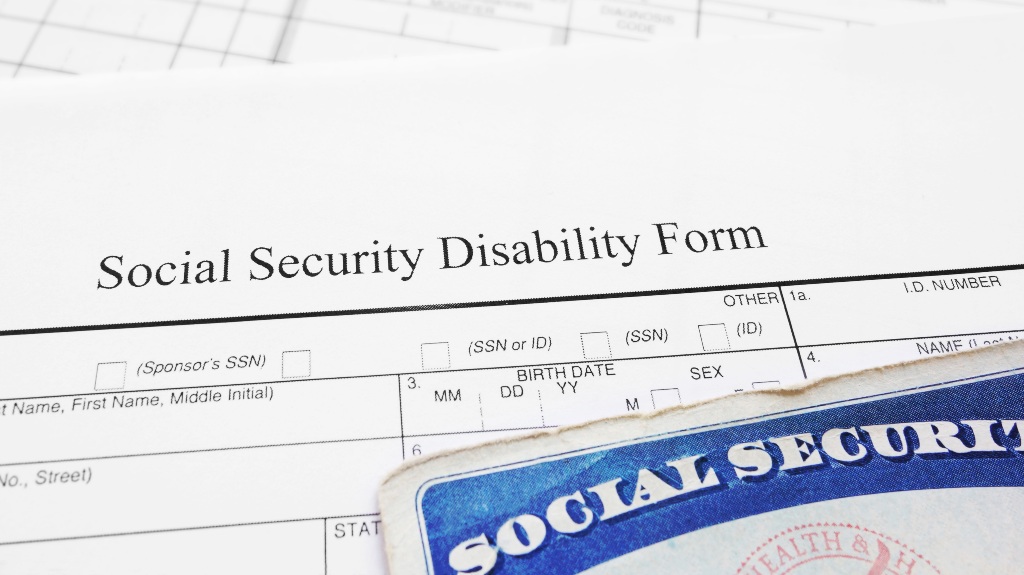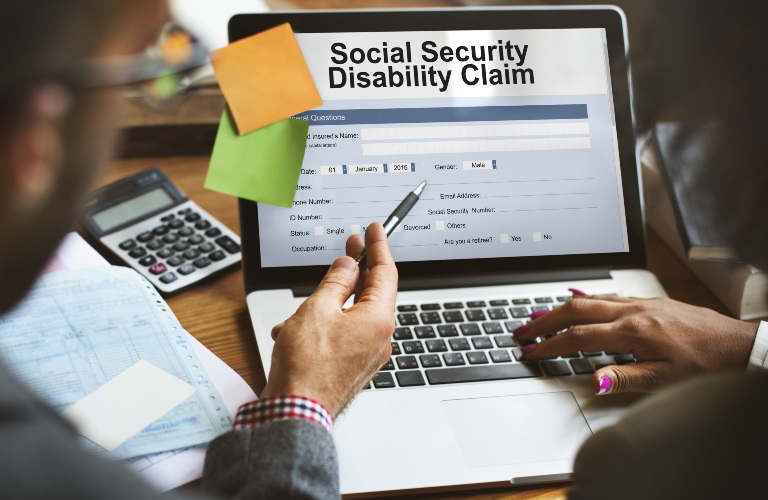
Whether you are already on SSDI or in the process of applying for it, you will want to know what can disqualify you from SSDI. There are actually many things that can disqualify you, however, here are some of the most common ones.
The Nature of Your Disability is the Most Common Reason for SSDI Disqualification
The most common reason for your SSDI to be disqualified comes down to your disability. The SSA will review all your medical records to determine if your disability meets their requirements for SSDI. Often, you will be denied the first time requiring further steps on your part.
It isn’t just your ability to work that will be considered, but also how long your disability is expected to prevent you from working. If your impairment is not expected to last 12 months or result in your death, then you will not be granted SSDI regardless of severity.
Read More: Learn What Common SSDI Terms Mean?
Not Following the SSA’s Directions
The SSA will need your medical records and refusal to release those records could result in a fast denial. There is more to it than that though. In some cases, the SSA may request a consultative examination or CE. These are done at the government’s expense and with doctors that they contract with. If you do not attend any prescribed CE, then your chance of being denied will increase greatly. If you cannot make your CE, then you should talk to your claim examiner immediately. Don’t just miss the appointment. Instead, your claim examiner will be able to assist you in rescheduling.
Your Income

If you make too much money, then you will be denied or could be disqualified if you are currently on SSDI. This amount is called your SGA or substantial gainful activity amount and for 2023 it’s $1,470 for non-blind people.
Keep in mind that if you are applying for SSDI and you are currently working but below your SGA, the SSA still might use this as evidence that you are able to work more and thus not require SSDI benefits. If possible, working while applying for SSDI should be avoided.
Read More: How to Calculate Your SSDI Payment
Wrong Address on File
This happens more often than you would think. Make sure that your address with the SSA is correct, and if you should move, which is a common occurrence after becoming disabled, ensure that you update your address. If the SSA cannot find you, you will be denied. With that, said, there is no penalty for updating your address. Some people think that a change in address will delay the processing of their paperwork, but if anything, the opposite is far closer to the truth.
Not Following Prescribed Therapy
This can happen both to people applying for SSDI and even to people already on SSDI. if you are not following the prescribed therapy required of you by doctors including taking medication, surgery, attending appointments, physical therapy, and anything else the doctor requests, then you may not get benefits and if you are already receiving them, then you lose them.
There are some acceptable excuses for not following a prescribed treatment plan. If you have a mental illness that prevents you from following doctor’s orders, you physically cannot follow therapy without assistance, you cannot afford it, you are prevented by religious beliefs, doctors disagree on treatment, or—in the case of surgery—if your fear of surgery is so intense that it’s preventing necessary surgery from happening, then you may still be in the clear.
What To Do If You Have Been Denied SSDI Benefits?
If you have been denied SSDI Benefits, then the best thing you can do is reach out to a lawyer such as Tabak Law. We will be able to review your case for free and help you determine your best next course of action. Reach out to us for a free consultation today!
Nothing posted on this website is intended, nor should be construed, as legal advice. Blog postings and site content are available for general education purposes only.
